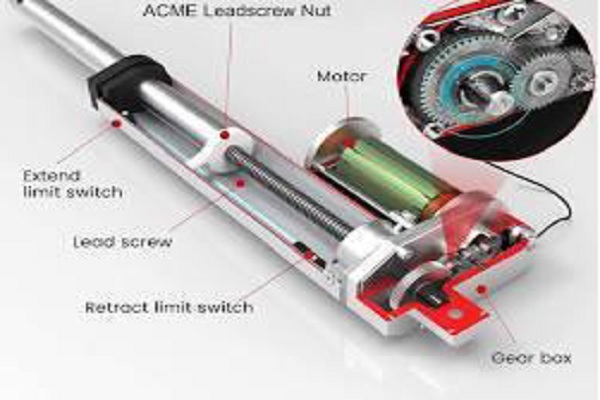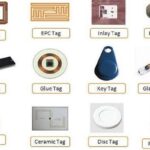- Course No.: E – 2056
- PDH Units: 4
No data found for Custom Course Number
No data found for Custom Course Units
- Course No.: E – 2056
- PDH Units: 4
Intended Audience: All Engineers.
PDH UNITS: 4
This course provides a comprehensive exploration of various actuator devices, essential in modern sensor systems. It explores the intricacies of actuation, its significance, and the mechanisms by which it operates within these systems. The course covers different types of actuators including mechanical, electrical, fluidic, thermal, and more, explaining their working principles and applications across diverse industries. It's designed for professionals seeking an in-depth understanding of actuator technologies, their roles in sensor systems, and their applications in automation, robotics, safety, and other fields. Skills Gained:
- Understanding the fundamental principles of actuator operation in sensor systems.
- Identifying and classifying different types of actuators, including mechanical, electrical, fluidic, and thermal actuators.
- Analyzing the design and function of electrical and mechanical actuators.
- Applying knowledge of fluidic actuators in practical scenarios involving hydraulics and pneumatics.
- Exploring advanced actuator technologies and their applications in robotics and automation.
- Keeping abreast of emerging trends and future developments in actuator devices.
Learning Objectives
At the successful conclusion of this course, you’ll be able to identify and discuss:- Introduction to Actuator Devices in Modern Sensors
- Classification and Types of Actuators
- Understanding Actuation in Sensor Systems
- Importance of Actuator Selection
- Principles of Actuator Operation
- Electrical Actuators: Design and Function
- Mechanical Actuators: Applications and Variants
- Fluidic Actuators: Hydraulics and Pneumatics
- Thermal and Shape Memory Actuators
- Advanced Topics in Actuator Technology
- Actuator Case Studies
- Emerging Technologies in Actuation
- Future Trends and Developments in Actuator Devices.
Once completed, your order and certificate of completion will be available in your profile when you’re logged in to the site.










